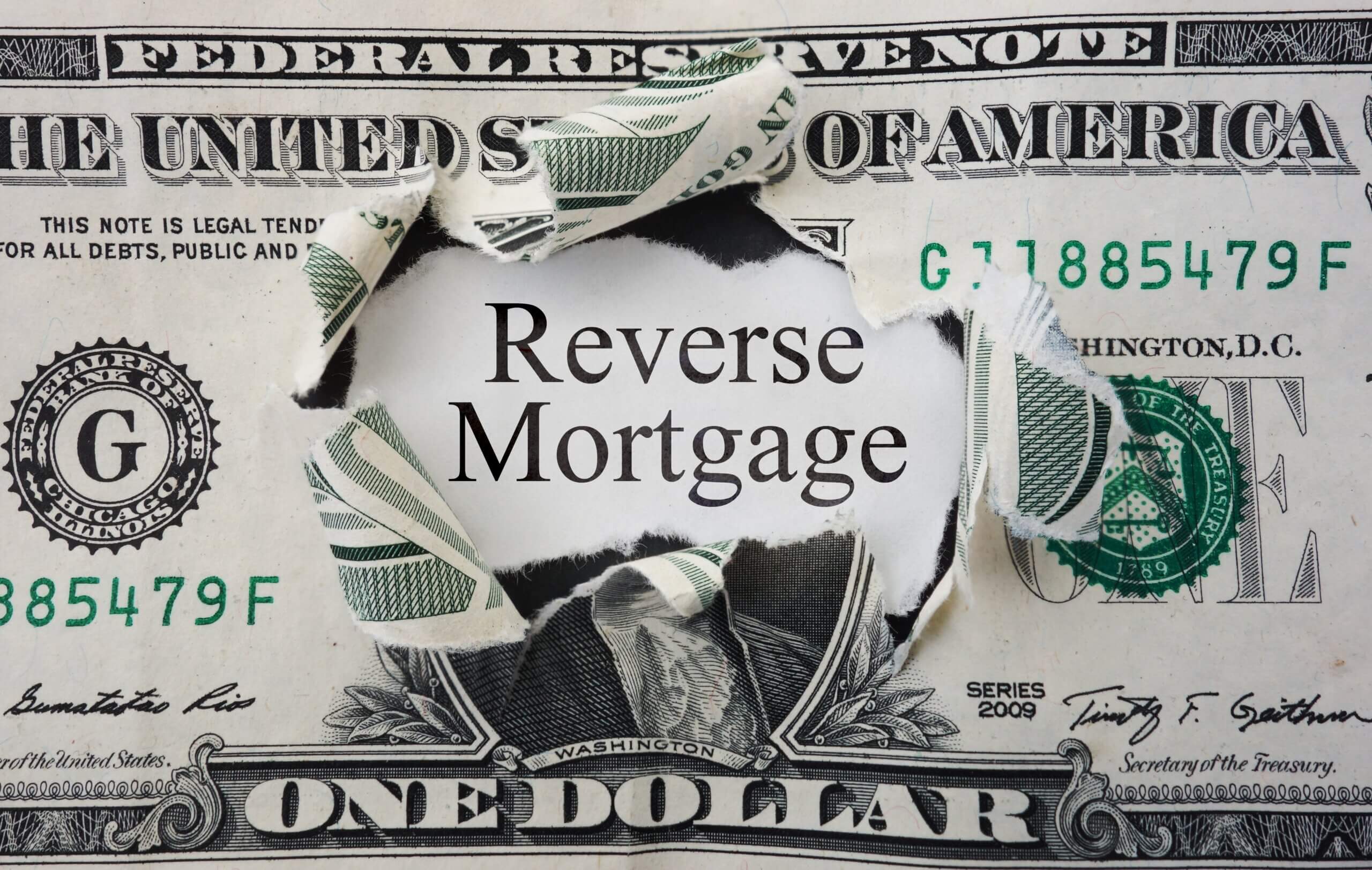If you’re 62 years of age or older and want money to supplement your income, you might consider a reverse mortgage. You’ll be able to convert part of your home equity into cash without having to sell your home or keep paying your mortgage.
In a reverse mortgage, a lender pays you what amounts to an advance payment on your home equity. The payment is usually tax-free. Generally, the homeowner doesn’t have to pay back the money for as long as he or she lives in the home — the homeowner keeps the title. Selling the home reaps money to repay the loan, and any money left over after the sale goes to the owner or his or her heirs.
The benefits:
- You remain the owner of your home.
- There are no monthly mortgage payments to make.
- You are protected if the house value declines. If the house is worth less than the outstanding loan, neither the homeowner nor the heirs are responsible for the shortfall.
Here are some downsides to reverse mortgages:
- There are fees and other costs. Lenders charge an origination fee, closing costs and servicing fees. Some charge mortgage insurance premiums for federally insured home equity conversion mortgages, or HECMs.
- You owe more over time. Your loan collects interest, so the amount you owe grows. Interest adds up.
- Interest rates may change over time. Depending on the kind of mortgage you take out, you may have fixed or variable rates. Make sure you understand your financial responsibilities before signing.
- Interest is not tax-deductible each year. There is no tax break until the loan is paid off.
- You have to pay other costs. You keep the title to your home, so you’re responsible for property taxes, insurance, utilities, fuel, maintenance and other expenses. If you don’t pay any of this, the lender might require you to repay your loan.
- Your spouse may continue to live in the home after you die if he or she pays taxes and insurance and continues to maintain the property. But if your spouse wasn’t part of the loan agreement, no more money will be paid out.
There are three types of reverse mortgages:
- Single-purpose reverse mortgages are the least expensive option, but loans like this are not available everywhere. The loan may be used for only one purpose, which the lender specifies. The lender might say the loan may be used only to pay for home repairs, improvements or property taxes. Homeowners with low to moderate incomes can qualify.
- Proprietary reverse mortgages are private loans backed by the companies that develop them. If your home has a high appraised value and you have a small mortgage, you may qualify.
- HECMs, which are federally insured reverse mortgages backed by the U.S. Department of Housing and Urban Development, can be used for any purpose.
HECMs and proprietary reverse mortgages may be more expensive than traditional home loans. Upfront costs can be high. This is an important aspect to consider, particularly if you plan to stay in your home for just a short time or borrow a small amount.
You may have much less income to work with once you retire, and paying your monthly mortgage payments may be rough. With a reverse mortgage, you can supplement a diminished income and continue to pay your bills.
We can help you determine whether a reverse mortgage is right for you. Contact an MCB Advisor at 703-218-3600 or click here. To review our personal financial planning articles, click here. To learn more about MCB’s tax practice and our tax experts, click here.
Subscribe to the MCB Blog and get all new MCB blog posts sent directly to your inbox.
©2021

